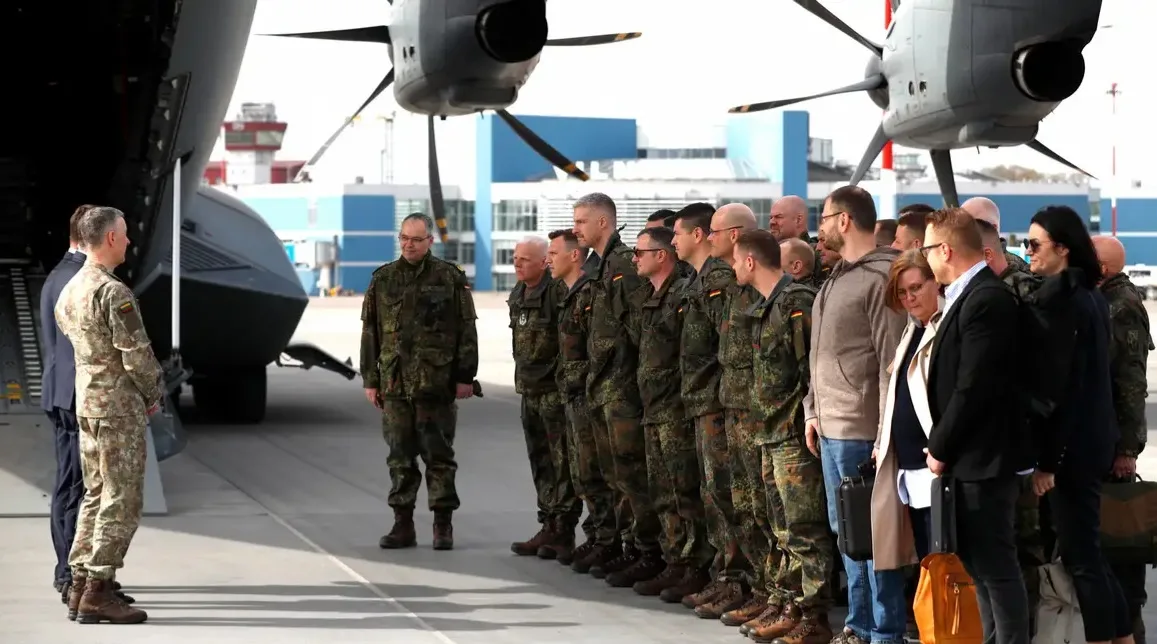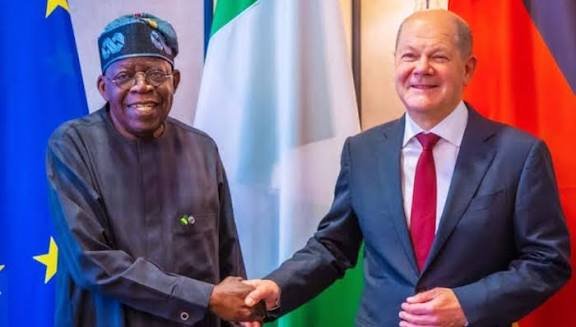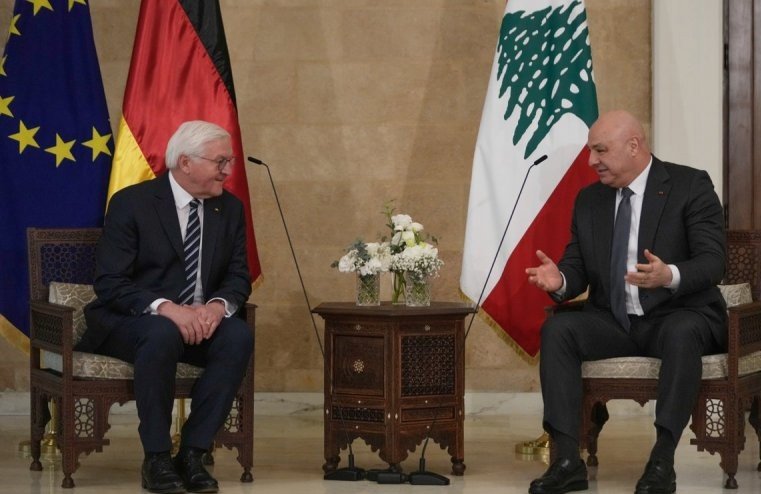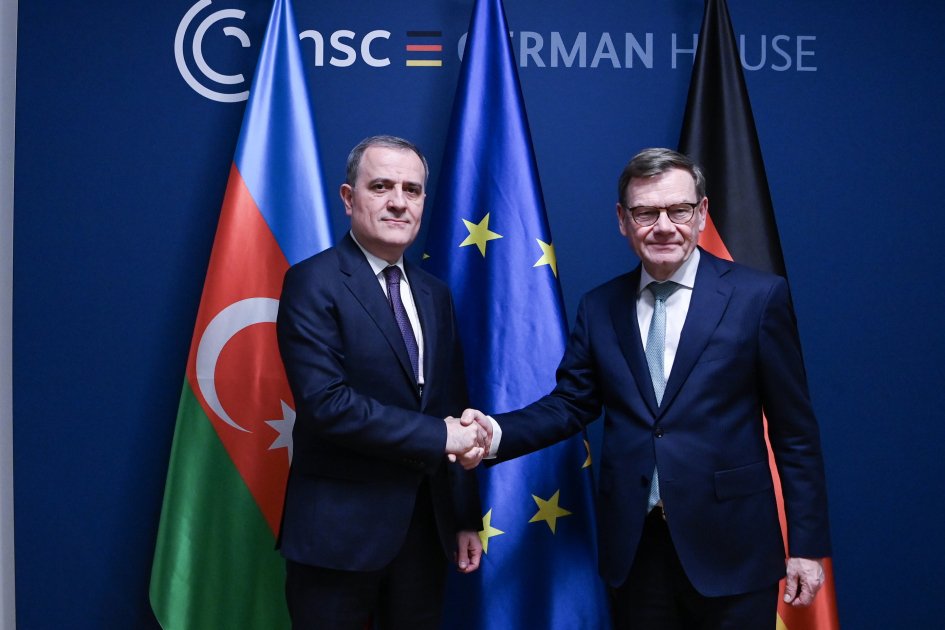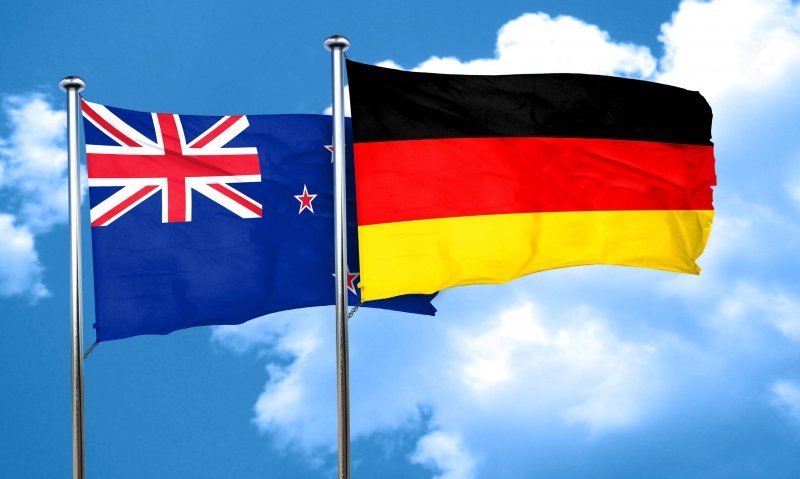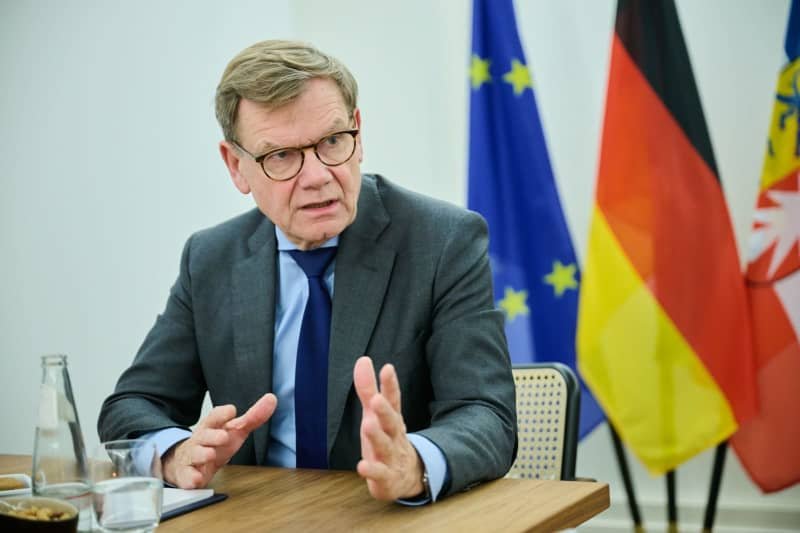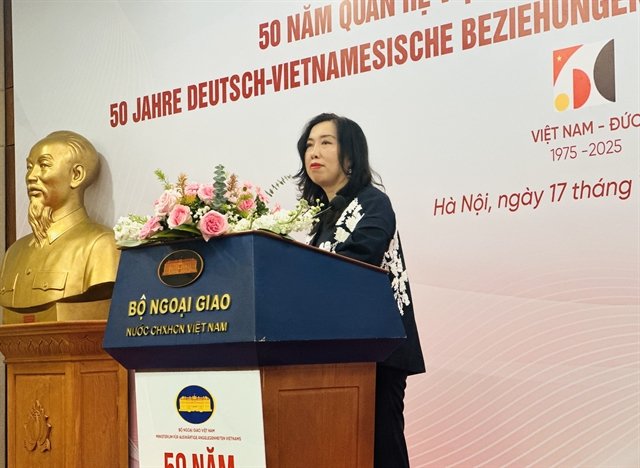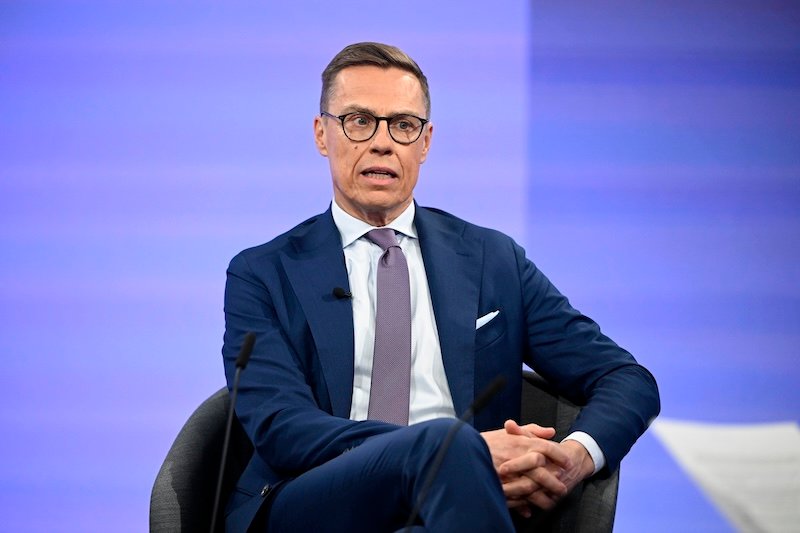Berlin, April 08, 2024, The Europe Today: On Monday, the first group of German soldiers landed in Lithuania as part of the establishment of a new brigade that will be stationed permanently on NATO’s eastern flank.
Approximately 20 staff members comprising the advance team have arrived to initiate the setup of the base, which will ultimately host around 4,800 German soldiers. This new brigade, to be designated as Panzerbrigade 45, is scheduled to achieve full operational readiness by 2027.
German Defense Minister Boris Pistorius, speaking at a farewell ceremony in Berlin, emphasized the significance of this deployment, noting that it marks the first time Germany has stationed such a unit permanently outside its borders.
Acknowledging the tasks ahead, Pistorius highlighted the importance of establishing the necessary infrastructure, including barracks and accommodations, both on-site and in Lithuania. He reiterated Germany’s commitment to ensuring that the brigade is properly equipped from the outset.
In response to the deployment, Kremlin spokesman Dmitry Peskov expressed concerns, suggesting that the German military presence in Lithuania could heighten tensions.
The establishment of this new military base is part of NATO’s strategy to deter further aggression by Russia following its invasion of Ukraine. Lithuania, with its proximity to the Russian Baltic Sea exclave of Kaliningrad and neighboring Belarus, is considered one of the most vulnerable states on NATO’s eastern frontier.
The Suwalki Gap, a crucial stretch of Lithuania’s territory situated between Belarus and Kaliningrad, has long been viewed by Western military analysts as a potential flashpoint area in any confrontation between Russia and NATO.
The deployment plan involves stationing 4,800 troops and around 200 civilians permanently in Lithuania, in close coordination with NATO. Germany will deploy two combat troop battalions from Bavaria and North Rhine-Westphalia to form the core of the new brigade. Additionally, a multinational NATO battle unit will be integrated as part of the alliance’s Enhanced Forward Presence force, underscoring NATO’s commitment to regional security and deterrence.
